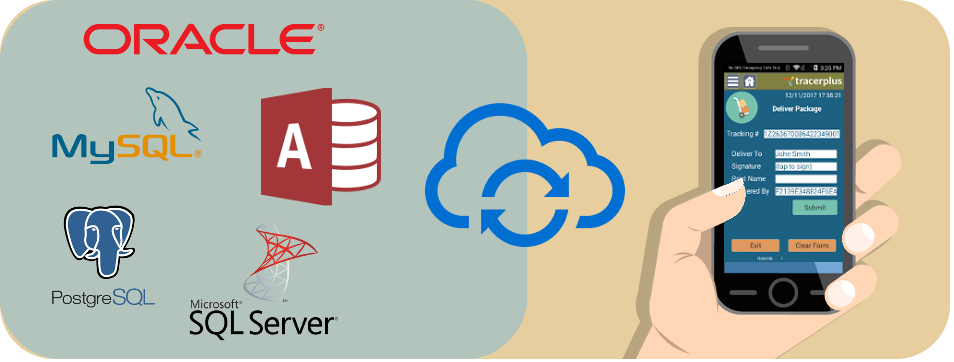
ODBC, short for Open DataBase Connectivity, is a standard database access method developed by the SQL Access group in 1992. The goal of ODBC is to make it possible to access any data from any application, regardless of which database management system is handling the data. As a result, ODBC lets different types of database programs talk to each other and understand the information being exchanged. As a near universal translator so to speak, ODBC has become an industry standard in the database field.
In layman's terms, an ODBC compliant database is simply a type of software that uses ODBC in order to be able to exchange information with other unlike databases.
This standard is now being used by a wide variety of different and commonly used programs and can be either desktop based like Microsoft Access or server based like Oracle.
Some examples of common ODBC compliant databases are:
- Microsoft Access
- MySQL
- Oracle
- Microsoft SQL Server
- Microsoft Visual FoxPro
- IBM DB2
Since the use of ODBC is so common, there are also a number of other database products that use ODBC in addition to the list above. If you are using a database program, it is very likely to be ODBC compliant.
If you don't see your database software on the list above and are unsure as to whether or not your database software is ODBC compliant, check your manual, contact the developer or call us at 1-877-640-4152.

